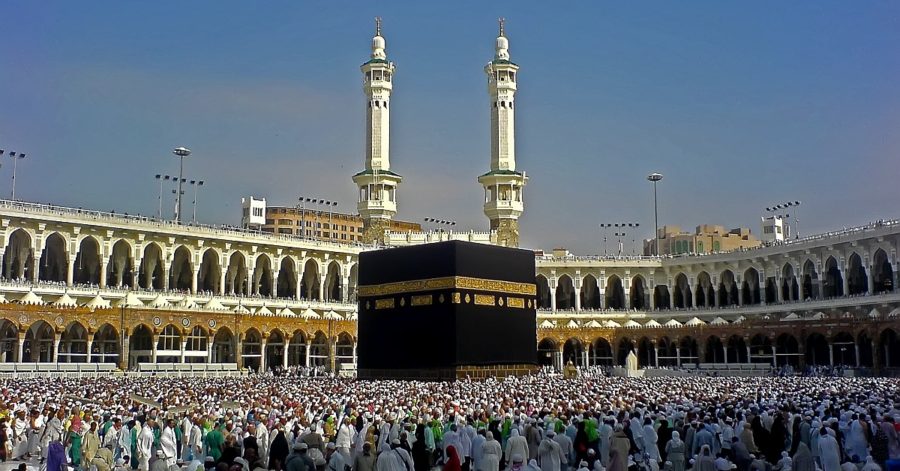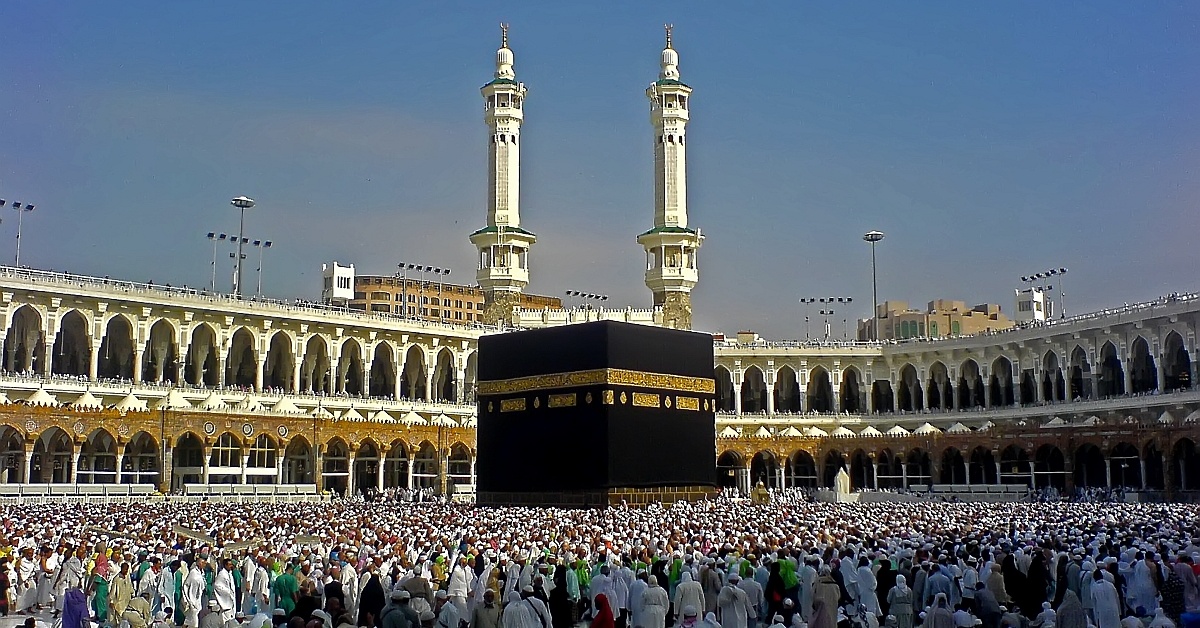After assessing the COVID-19 pandemic situation, Saudi Arabia will announce this year’s Hajj and Umrah preparations, acting Saudi minister of media Dr. Majid Al Qasabi told the media in Riyadh on June 6.
The existence of COVID variations, according to Dr. Al Qasabi, highlights the importance of a detailed assessment of the virus’s spread since “we don’t want this year’s Haj to be an epicentre for the spread of the disease in the Kingdom or the Muslim world.” He stated that the Hajj, Umrah, and health ministers would make a decision soon.
 Saudi Arabia Reviews Plans for Hajj, Umrah this Year Amid Pandemic
Saudi Arabia Reviews Plans for Hajj, Umrah this Year Amid Pandemic
Meanwhile, Eng. Hesham Abdulmonem Saeed, Assistant Undersecretary of the Ministry of Hajj and Umrah Services for Haj and Umrah performers, told the media that the safe Umrah model emphasized protection by managing pilgrim crowds going to the Grand Mosque through booked time slots, as well as improving services for their personal needs using the most up-to-date modern techniques, the Khaleej Times reported.
He added that the Eatmarna app established by the Saudi Data and Artificial Intelligence Authority (SDAIA) also verifies the health of permission applicants, noting that this is a cooperative effort including the governmental, private, and voluntary sectors.
He noted that the Hajj and Umrah Ministries, as well as the Ministries of Interior, Health, and the General Presidency of the Two Holy Mosques, are working together to make Hajj and Umrah easier for pilgrims and tourists.
Only after the construction of a safe model that highlighted current technologies, including digitizing procedures to offer pilgrims with needed services through multiple options supplied by the ministry, was the Haj and gradual reintroduction of Umrah allowed in October of last year.
The Eatmarna application, which allows users to seek permission (prayer permissions, Umrah permits, and Rawdah praying permissions) at Makkah and Madinah’s mosques, is highlighted in the tech-focused models.
Around 20 million people downloaded the app, and over 30,000 people employed the services of Inaya (care) centers in Makkah and Madinah to aid pilgrims from other countries.
The Hajj and Umrah Ministry also established four transportation sites to convey worshippers and pilgrims to and from Makkah’s Grand Mosque.
READ NEXT: Saudi Arabia to Require COVID-19 Vaccination for Hajj 2021



![[VIDEO] Here’s how Muslims Celebrated Eid on the Final Days of Haj in Saudi Arabia](https://middleeast247.com/wp-content/uploads/2019/08/end-of-haj.jpg)
